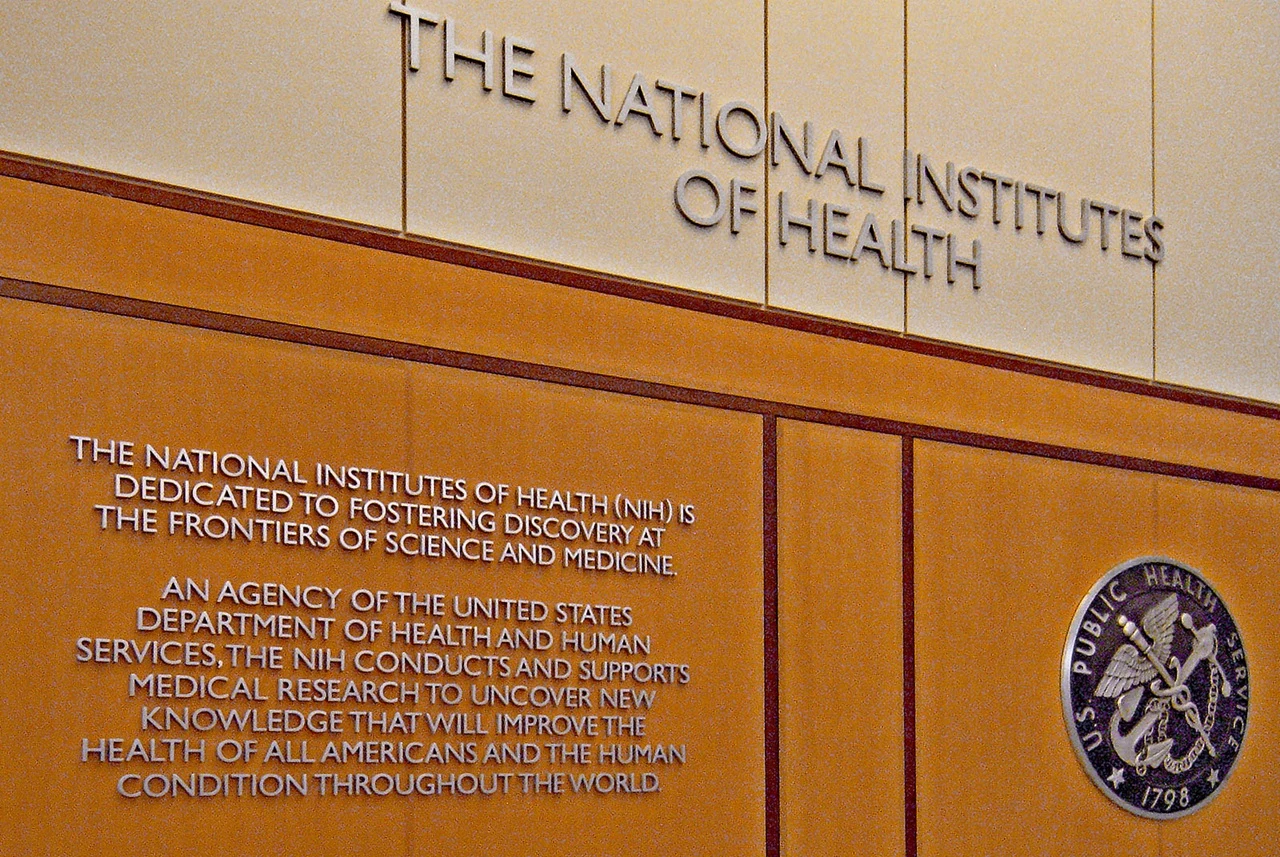CytoAgents, Inc., a clinical-stage biotechnology company focused on developing safe and effective preventative therapies for life-threatening immune-related toxicities, today announced it has been awarded a $2.25 million grant from the National Institutes of Health (NIH). This grant, issued through the National Cancer Institute, marks the fourth NIH award to CytoAgents in the past five years, bringing the company’s total NIH funding to $7.85 million.
The new grant will accelerate the development of CTO1681, CytoAgents’ lead drug candidate, which is designed to prevent and mitigate Cytokine Release Syndrome (CRS) and Immune Effector Cell-Associated Neurotoxicity Syndrome (ICANS). These toxicities frequently occur in patients undergoing CAR T-cell therapy, a groundbreaking treatment for cancers such as multiple myeloma.
Tackling a Critical Unmet Need
While CAR T-cell therapy has revolutionized cancer treatment, it is accompanied by serious risks. The majority of patients treated with CAR T therapy experience CRS, a dangerous systemic inflammatory response, and many also develop ICANS, a form of neurotoxicity. These toxicities can require intensive care management, limiting patient access to CAR T therapy and restricting its broader use in community settings.
“We are appreciative of the ongoing support from the National Cancer Institute of the NIH,” said Teresa Whalen, RPh, CEO of CytoAgents. “This funding will help us expand our research into multiple myeloma patients receiving CAR T-cell therapy who are at high risk for CRS and ICANS. By developing effective strategies to manage these toxicities, our long-term goal is to transition patients from intensive inpatient settings to outpatient care—and eventually into the broader community. This is the path toward unlocking the full potential of CAR T-cell and T-cell engager therapies.”
CTO1681: A Novel Approach to Prevention
CTO1681 represents a new class of investigational drugs aimed at proactively preventing CRS and ICANS rather than simply reacting once symptoms appear. Unlike traditional immunosuppressive agents, which can blunt the effectiveness of cancer therapies, CTO1681 is designed to selectively target pathways responsible for toxic cytokine storms while preserving the anti-tumor benefits of CAR T-cell therapy.
The investigational therapy is currently being evaluated in a Phase 1b/2a clinical trial enrolling patients with lymphoma at multiple leading U.S. centers. The trial is studying the safety, tolerability, and efficacy of different doses of CTO1681 in real-world CAR T therapy settings. The latest NIH grant will support the expansion of clinical studies into multiple myeloma patients, a population for whom CAR T has become an increasingly important option.
Leadership Perspectives
The new NIH grant is seen as a strong validation of CytoAgents’ science and mission.
“We are deeply honored to receive a fourth NIH grant, which further validates the importance and potential of our research at CytoAgents,” said Arthur P. Bertolino, MD, PhD, MBA, Chief Medical Officer at CytoAgents. “Our team is committed to leveraging this support to expand into the multiple myeloma patient population. Our vision is to develop a universal preventative therapy for CRS and ICANS—one that ensures more patients can benefit safely from transformative immunotherapies like CAR T.”
The company’s leadership is joined by top oncology experts who emphasize the urgency of finding effective solutions.
“CAR T-cell therapy has transformed the treatment paradigm for patients with multiple myeloma,” said Stanley M. Marks, MD, Medical Oncologist and Chairman of CytoAgents, Inc. “But it is imperative to address CRS and ICANS. Preventing these toxicities will allow us to expand access, improve safety, and ultimately cure more patients with CAR T-cell therapy.”
Understanding Cytokine Release Syndrome
CRS, often referred to as a “cytokine storm,” is caused by an excessive immune response in which high levels of cytokines overwhelm the body. This can result in severe fever, hypotension, organ dysfunction, and in some cases, death. CRS can be triggered by a wide range of conditions and treatments, but it is especially prevalent in patients receiving advanced immunotherapies such as CAR T-cell therapy and bispecific antibody therapies.
ICANS, which often accompanies CRS, is a neurotoxic condition that can lead to confusion, seizures, and other neurological complications. Together, CRS and ICANS represent a major barrier to the widespread use of CAR T-cell therapy—a treatment otherwise hailed as one of the most promising advances in modern oncology.
Driving Broader Adoption of CAR T Therapy
By effectively managing CRS, CytoAgents aims to support greater accessibility and broader adoption of CAR T-cell and T-cell engager therapies. Today, many patients must be treated in highly specialized academic medical centers due to the risk of severe toxicities. With better preventative treatments, these therapies could become more widely available in outpatient and community oncology settings—bringing lifesaving options to many more patients.
This vision is central to CytoAgents’ mission of bridging cutting-edge science with real-world clinical impact.
Backed by NIH Support
The new grant comes through the Small Business Innovation Research (SBIR) program of the National Cancer Institute, under Award Number R44CA295189. As a form of non-dilutive funding, SBIR grants allow early-stage companies like CytoAgents to advance critical research without giving up equity.
“The NIH’s continued support demonstrates the urgency of this work and the confidence in our approach,” said Whalen. “We are committed to using this funding to make meaningful progress toward safer, more accessible cancer therapies.”
As required by NIH policy, the company notes that the content of its research is solely the responsibility of the authors and does not necessarily represent the official views of the National Institutes of Health.
About CytoAgents
CytoAgents, Inc. is a clinical-stage biotechnology company developing innovative pharmaceutical solutions to treat cytokine release syndrome (CRS) and related conditions. The company’s lead investigational drug, CTO1681, is designed to prevent and mitigate toxic immune responses associated with cutting-edge cancer therapies, including CAR T-cell and bispecific antibody therapies. By addressing one of the greatest barriers to the safe and broad use of these therapies, CytoAgents aims to expand access and improve outcomes for patients worldwide.
Headquartered in Pittsburgh, Pennsylvania, CytoAgents is committed to advancing patient-centered innovation supported by strong partnerships with government, research institutions, and the medical community.
About CytoAgents
CytoAgents, Inc. is a clinical-stage therapeutics company developing CTO1681, an oral, small molecule immune modulator for the prevention of Cytokine Release Syndrome (CRS) and Immune Effector Cell-Associated Neurotoxicity Syndrome (ICANS). By effectively preventing these life-threatening complications experienced by oncology patients treated with CAR T-Cell Therapy, CytoAgents is working to enable safer, widescale adoption of these breakthrough therapies. CTO1681 is currently in Phase 1b/2a for oncology patients receiving CAR T-Cell therapy with plans to expand into additional immunotherapies, autoimmune, and other therapeutic categories. www.cytoagents.com



